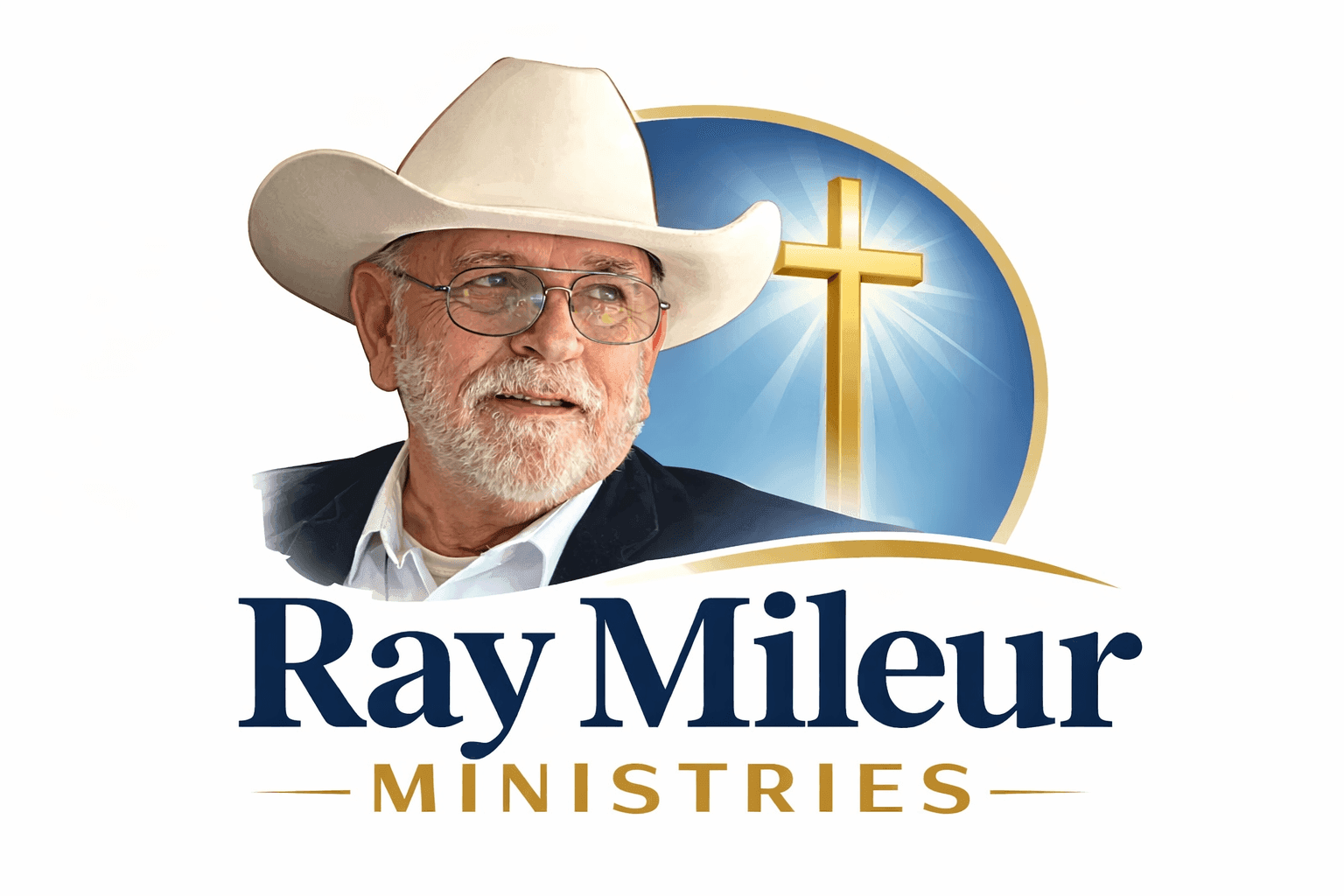Honor and Love: The Way of the Kingdom
Daily R.E.A.P. Report for Matthew 19:19 (ESV)
Honor and Love: The Way of the Kingdom
Read
“Honor your father and mother, and, You shall love your neighbor as yourself.” Matthew 19:19 (ESV)
Matthew writes primarily to a Jewish audience to show that Jesus is the promised Messiah who fulfills the Law and the Prophets. In chapter 19, Jesus teaches about God’s heart for covenant faithfulness (marriage), welcomes children, and then speaks with the rich young ruler about eternal life. Jesus lists commandments that reflect love for others, revealing that true righteousness is relational and heart-deep, not merely rule-keeping. This verse matters because it shows how God’s wisdom transforms everyday living: honor at home and love toward others is the lifestyle of God’s kingdom.
Examine
This verse summarizes the “second table” of the Ten Commandments—how we treat people. Honoring parents and loving neighbors are not optional extras; they’re central to life with God. Honor means valuing the people God has placed in our lives; love means actively seeking their good, as we would our own. This reveals God’s character: He is a Father who builds families, heals communities, and calls us to reflect His faithful, other-centered love.
Connection to Jesus: Jesus taught that the greatest commandments are to love God and love your neighbor (Matthew 22:37–39), and He fulfilled them perfectly. He honored His earthly mother even from the cross (John 19:26–27) and loved His “neighbors” by healing, feeding, teaching, and ultimately laying down His life (John 15:13). Following Jesus means embodying His honoring, sacrificial love in our daily interactions.
Main Themes:
- Honor: Recognizing God-given worth in parents and authority figures, reflecting gratitude and respect.
- Neighborly Love: Proactive, practical care for those near us—family, coworkers, classmates, literal neighbors.
- Wholehearted Obedience: God wants righteousness that flows from a transformed heart, not mere compliance.
Key Word Study:
- Honor (Greek: timaō): To value, prize, or regard as weighty. Not mere politeness, but a commitment to treat someone as significant.
- Neighbor (Greek: plēsion) and Love (agapaō): Plēsion means “the one near you,” anyone within your sphere. Agapaō is willful, sacrificial love seeking another’s highest good—not dependent on feelings, but on choice and action.
Apply
Reflective Questions:
- Where am I being nudged to show greater honor to my parents or parental figures (even if imperfect)—in words, time, or practical help?
- Who is my “neighbor” today—at home, on my street, or at work—and what would loving them “as myself” look like in one concrete action?
- If there is pain or distance with a parent or neighbor, what step of forgiveness, boundary-setting, or prayerful outreach is God inviting me to take?
Real-Life Application:
- Practice Honor:
- Send a sincere note/text to a parent or mentor: “Thank you for what you’ve poured into me. I appreciate you for ____.”
- Offer practical help: pay a bill online with them, schedule a medical appointment, fix something around the house, or plan a weekly check-in.
- If there’s brokenness, honor can mean honest boundaries and prayerful respect—speaking truth without hostility and refusing to repay hurt with hurt.
- Love Your Neighbor:
- At work: Cover a shift, share credit, or check on the colleague who seems overwhelmed.
- In your community: Introduce yourself to a neighbor, take out their trash, or bring a meal to someone recovering or grieving.
- As yourself: Ask, “If I were in their shoes today, what would I hope someone would do for me?” Then do that.
Pray
Dear Heavenly Father, I praise You as the God of faithful love who builds families and heals communities. I confess where I’ve withheld honor, spoken harshly, or chosen convenience over love. Forgive me and cleanse my heart. By Your Spirit, teach me to value my parents and elders with respect and practical care, and to love my neighbors with wisdom, courage, and compassion. Empower me to set healthy boundaries when needed, to forgive quickly, and to serve generously—just as Jesus loved me first. Shape my words and actions today to reflect Your heart. In Jesus’ name, amen.
Closing Reflection: Imagine your home and neighborhood as lamps lining a dark street. Every act of honor and every gesture of neighborly love turns another light on—warmth spreading, fear receding, hope rising. As you walk today, let your steps be small switches of light: a call, a kind word, a helping hand.
Call to Action: Before the day ends, do one specific act in each direction:
- Honor: Reach out to a parent or parental figure with gratitude or practical help.
- Love: Do one neighborly act for the person nearest you who needs it.
God goes with you, delighting to shine His love through your life.
